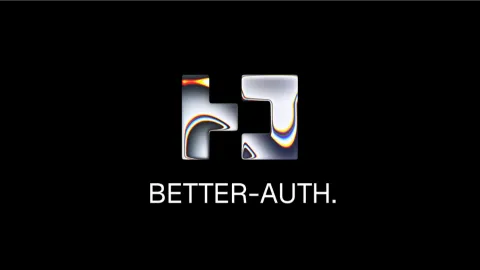How to force the user to create an organization?
In my system, every user must have an organization. There will always be only one. I want the user to be required to create the organization right after being created. And whenever they log in, that organization should already be set as the user's organization.
